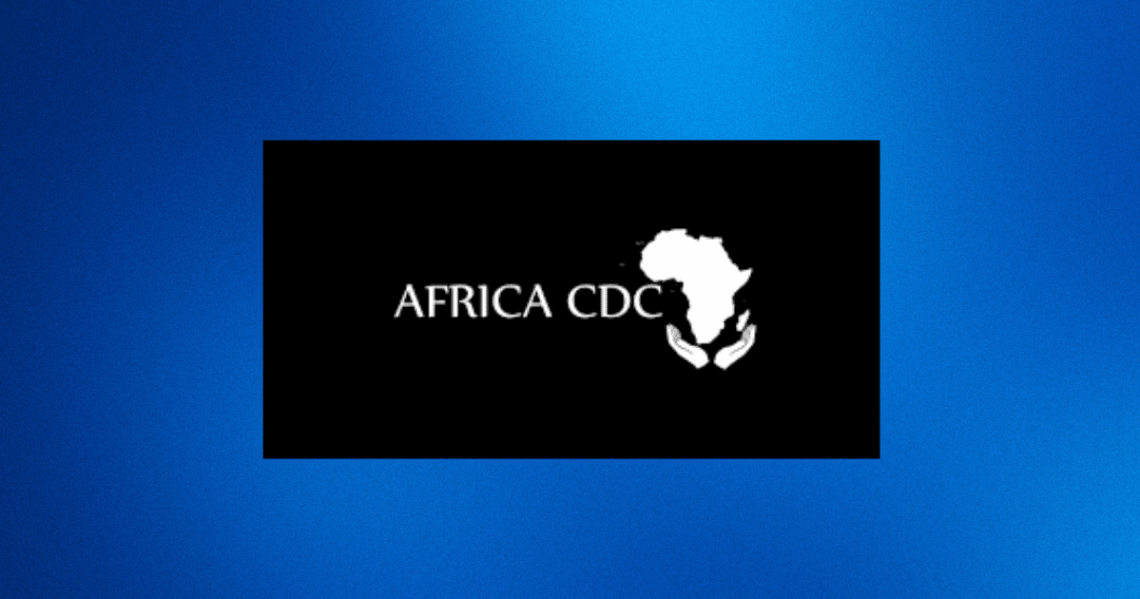The Africa Centres for Disease Control and Prevention (Africa CDC) has linked the continent’s worst cholera outbreak in three years to climate change, citing adverse weather conditions that are increasing the risk of the disease at a faster rate than the global average. This surge in cholera cases is affecting over a dozen countries, causing hundreds of deaths and straining already fragile health systems.
Jean Kaseya, Director General of Africa CDC, underscored the climate change connection, pointing to floods in the Democratic Republic of Congo and other parts of southern Africa as significant contributors to the ongoing crisis. Adverse weather conditions are limiting access to safe water and sanitation, disrupting communities, and placing additional strain on healthcare resources.
Despite being the region least responsible for climate change, Africa faces some of the harshest consequences due to changing weather patterns.
Cholera outbreaks, known for causing severe dehydration as a waterborne disease, are becoming more challenging to manage, particularly in communities with low pre-existing immunity, low vaccination rates, and overall poor health.
The shortage of cholera vaccines is exacerbating the situation, hindering efforts to contain bacterial disease outbreaks.
Africa CDC estimates that the continent needs as many as 80 million doses, while only 15 to 18 million doses are currently available globally.
Kaseya highlighted the vaccine procurement challenges faced by Zambia, Zimbabwe, and the Democratic Republic of Congo, emphasizing the urgent need for international efforts, including those by Gavi, to secure additional doses.





